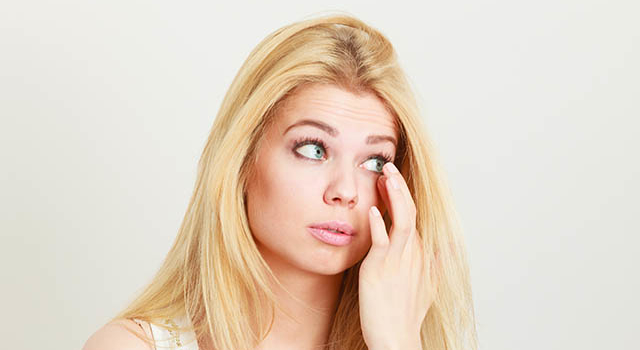
As spring blossoms, so does the season of allergies, particularly those affecting our eyes. Itchy, watery eyes are a hallmark of this time of year for many people. Understanding and managing allergies is important to keep your eyes healthy and comfortable.
Peak Allergy Seasons
Spring allergies are typically most severe during early spring through late spring. This period varies slightly depending on your location and the specific weather patterns of the year.
In places with warmer weather, allergy seasons may start earlier. Rain can either wash away pollen or make pollen counts higher afterward. Recognizing the peak times can help you prepare and take preventive measures early.
Why Does Pollen Cause Your Eyes to Get Itchy?
Pollen is a fine powder produced by trees, flowers, grasses, and weeds to fertilize other plants. When these tiny particles come into contact with your eyes, they can trigger allergic reactions. The immune system perceives pollen as a threat and releases histamines that cause itching and watering of the eyes.
Is It Normal for One Eye to Water During the Allergy Season?
One eye may water excessively because of allergens. This can happen from sleeping on one side or variations in tear production and drainage between the eyes.
If your eye's watering persists or you experience severe pain, you should see a healthcare provider. This is important to rule out any other underlying conditions.
Recognizing Seasonal Allergy Symptoms
Common symptoms of eye allergies include:
- Redness
- Itchiness
- Swelling
- Excessive tearing
- A gritty feeling
People often mistake these symptoms for other eye conditions like dry eye syndrome or pink eye (conjunctivitis).
Address any persistent symptoms or vision changes. An eye exam can help determine the cause of your symptoms and provide appropriate treatment.
Dealing with Airborne Allergens
Reducing exposure to allergens can significantly relieve symptoms. Here are some practical steps:
- Keep windows closed during high pollen days to prevent allergens from entering your home.
- Use air purifiers with HEPA filters to capture pollen.
- Wash your hair and change your clothes after returning from outdoors to remove pollen.
Can You Use Eye Drops for Allergies?
Over-the-counter eye drops designed for allergy relief are often sufficient for mild symptoms. These usually contain antihistamines or decongestants that help reduce inflammation and dry the watery discharge. Prescription eye drops, including steroids, can be more effective for more severe cases.
How Do Allergies Affect Your Eyes?
Allergens can worsen eye irritation and cause serious conditions like keratoconjunctivitis. To protect your eyes, use lubricating eye drops. The drops help remove allergens and keep your eyes moist. Wearing sunglasses when outdoors can also help shield your eyes from pollen.
Allergies and Dry Eye:
Allergies can contribute to the development or exacerbation of dry eye syndrome. When your eyes are exposed to allergens, such as pollen, dust, or pet dander, the immune response triggered can lead to inflammation of the eyes. This inflammation can disrupt the normal production of tears, leading to dry, irritated eyes. Symptoms of dry eye syndrome include a stinging or burning sensation, redness, sensitivity to light, and blurred vision.
Managing Allergy-Induced Dry Eye:
To manage dry eye caused by allergies, consider the following tips:
- Use lubricating eye drops: Artificial tears can help alleviate dryness and irritation caused by both allergies and dry eye syndrome.
- Avoid rubbing your eyes: Rubbing your eyes can worsen dryness and irritation. Instead, gently pat your eyes if they itch.
- Stay hydrated: Drinking an adequate amount of water can help maintain tear production and prevent dry eyes.
Allergies Leading to Eyelid Infections
In some cases, allergies can lead to infections of the eyelids, known as allergic conjunctivitis. This occurs when allergens disturb the eye's surface, leading to inflammation and secondary infection. Keeping your eyelids clean and avoiding rubbing your eyes can help prevent this condition. If symptoms of an infection appear, such as increased redness, swelling, or pus, seek medical attention promptly.
Spring eye allergies are a common but manageable nuisance. Understanding the symptoms and taking proactive measures can significantly alleviate discomfort and protect your eye health. If over-the-counter remedies don't work or if symptoms get worse, make sure to schedule an appointment with us.


